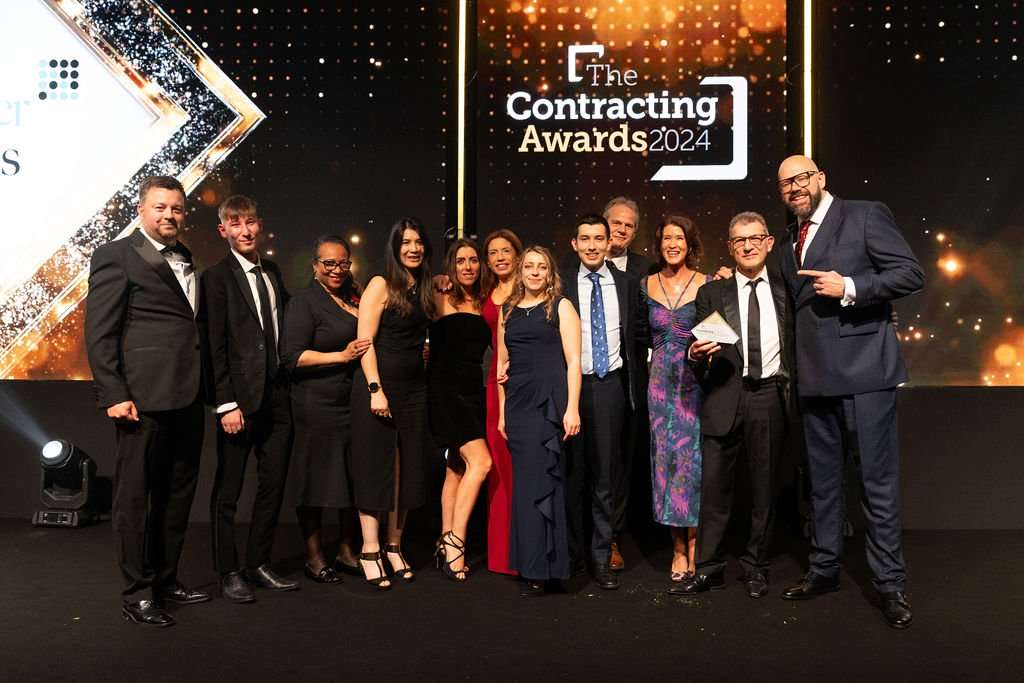Mortgages for zero-hour contract workers
It’s no secret: getting a mortgage as a zero-hours contractor is hard. And, if you don’t seek expert help, it won’t get any easier. To help, this page will explain:
- Why lenders are hard on zero-hours contractors
- The good and the bad of zero-hours contracting
- Which zero-hours contracting roles we can help
- How to prove your true mortgage affordability
- How much you could borrow, using our calculator


The double-edged sword of zero-hour contracting
More people than ever are working on zero-hour contracts in the UK. Introduced in the late 1980s, latest government statistics show that well over a million people are working this way.
These contracts are amongst the most flexible way people work today. And, in one way, they’re great for people who can’t work a full time role.
On the flip side, it means businesses/employers don’t have to guarantee minimum working hours for a large swathe of the working population. For borrowers and lenders alike, this can cause problems when applying for a mortgage. But it’s certainly not impossible, as we explain here….

Who are zero-hour contract workers?
Employers often use zero-hours contracts where workload is inconsistent or attracts casual hours. This includes roles such as:
- NHS staff and GPs
- Delivery drivers
- Hourly-paid casual workers (e.g., student holiday workers)
- Care workers
- The hospitality trade
- Warehousing staff
- Retail workers
Why is it difficult for zero-hours contract workers to get a mortgage?
The recent tightening up of mortgage lending criteria has made it more difficult for zero hours contract workers to secure a mortgage.
Can't express my gratitude enough for getting our mortgage approved! We had dealt with two other brokerages that found our situation too complex to get the mortgage we needed.
~Andrew McCahey
Proving your true mortgage affordability
The regulator (FCA) has heaped pressure on lenders to ensure borrowers can afford their monthly mortgage repayments. This has proved more challenging for workers on zero hours contracts. That’s because they often struggle with:
- work patterns and earnings fluctuations, and
- providing a chronological track record of their income.
Luckily, more mortgage lenders are showing greater flexibility in their affordability criteria. Today, there are many favourable mortgage deals available for borrowers on zero hours contracts.
The problem such contractors face now is: which lenders are they?
Since 2004, we’ve worked hard to educate lenders and their underwriters in the nuances of contracting. This has enabled us to negotiate fairer lending criteria for zero-hours contract workers. With the right approach, we can make your chances of getting a mortgage greater than ever.
Our specialist broking team is here to help all contractors prepare for applying for a mortgage. By highlighting your true affordability, we give you the best chance of underwriters approving your application.

How to get a mortgage if you're working a zero-hours contract
The key to securing a zero-hours contractor mortgage is proving your income. The aim is to prove that you can afford the mortgage now, and in the future. This is the only way to satisfy lenders’ affordability criteria.
Underwriters need you to demonstrate a reasonable track record, normally at least 12 months. This should show a consistent level of working hours and earned income.
If you can prove those, a lender should offer you the same deal as other self-employed people or PAYE employees.
A typical zero-hour-contractor-amenable lender will ask to see the following evidence of income:
- At least two years’ experience in your chosen profession
- A copy of your current contract (where available)
- A copy of your latest month’s bank statement
- The last three months’ payslips or invoices
To calculate income for affordability purposes, they will use an average of the last three months’ income.
Lenders amenable to zero-hours contractors rarely set a minimum income requirement. But, if your work is seasonal, they will ask for evidence of at least 12 months’ income.
Some lenders will offer zero-hours contractors a 90%—or even a 95%—LTV mortgage. But a bigger deposit will always work in your favour. This is true regardless of your job type.
By putting down a larger deposit, you’re reducing the investment risk for lenders. Plus, a lower LTV usually means a wider range of providers and mortgage deals at better rates.
Your credit rating must back up your income, deposit and other affordability credentials.
The better your credit score, the higher the probability of you securing a mortgage. This is especially true if you only have a small deposit set aside.
Poor credit history could see a lender reject your mortgage application. This can seriously damage your current and future aspirations.
It’s best that you know some months before you apply what’s on your credit report. That way, you can at least show a lender what you’re doing to address any credit bumps. Intent is everything!
Applying through a specialist mortgage broker can make getting a mortgage with a zero-hours contract a lot simpler. And safer!
You need a broker with experience in contracting, like us, to help you navigate the mortgage market. We can identify suitable lenders and help you submit an application that highlights your true affordability.
Each lender has its own criteria, policies and attitude to risk. That means the outcome can vary, depending on the specific lender and your circumstances. Getting professional advice and exploring multiple options can be the difference between approval and rejection.
Start your mortgage application today
Types of mortgage available
We've tailored our flexible, competitive mortgages to make your mortgage journey easier. We offer a range of mortgages from multiple lenders, all designed for zero-hours contract workers, including:


